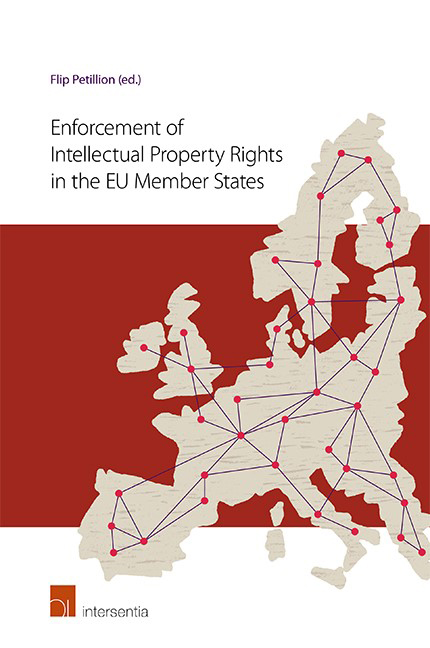THE EUROPEAN PARLIAMENT AND THE COUNCIL OF THE EUROPEAN UNION,
Having regard to the Treaty establishing the European Community, and in particular Article 95 thereof,
Having regard to the proposal from the Commission,
Having regard to the opinion of the European Economic and Social Committee,
Aft er consulting the Committee of the Regions,
Acting in accordance with the procedure laid down in Article 251 of the Treaty,
Whereas:
The achievement of the internal market entails eliminating restrictions on freedom of movement and distortions of competition, while creating an environment conducive to innovation and investment. In this context, the protection of intellectual property is an essential element for the success of the internal market. The protection of intellectual property is important not only for promoting innovation and creativity, but also for developing employment and improving competitiveness.
The protection of intellectual property should allow the inventor or creator to derive a legitimate profi t from his/her invention or creation. It should also allow the widest possible dissemination of works, ideas and new know-how. At the same time, it should not hamper freedom of expression, the free movement of information, or the protection of personal data, including on the Internet.
However, without effective means of enforcing intellectual property rights, innovation and creativity are discouraged and investment diminished. It is therefore necessary to ensure that the substantive law on intellectual property, which is nowadays largely part of the acquis communautaire, is applied effectively in the Community. In this respect, the means of enforcing intellectual property rights are of paramount importance for the success of the internal market.
At international level, all Member States, as well as the Community itself as regards matters within its competence, are bound by the Agreement on trade-related aspects of intellectual property (the TRIPS Agreement), approved, as part of the multilateral negotiations of the Uruguay Round, by Council Decision 94/800/EC3 and concluded in the framework of the World Trade Organisation.
The TRIPS Agreement contains, in particular, provisions on the means of enforcing intellectual property rights, which are common standards applicable at international level and implemented in all Member States. This Directive should not affect Member States’ international obligations, including those under the TRIPS Agreement.




